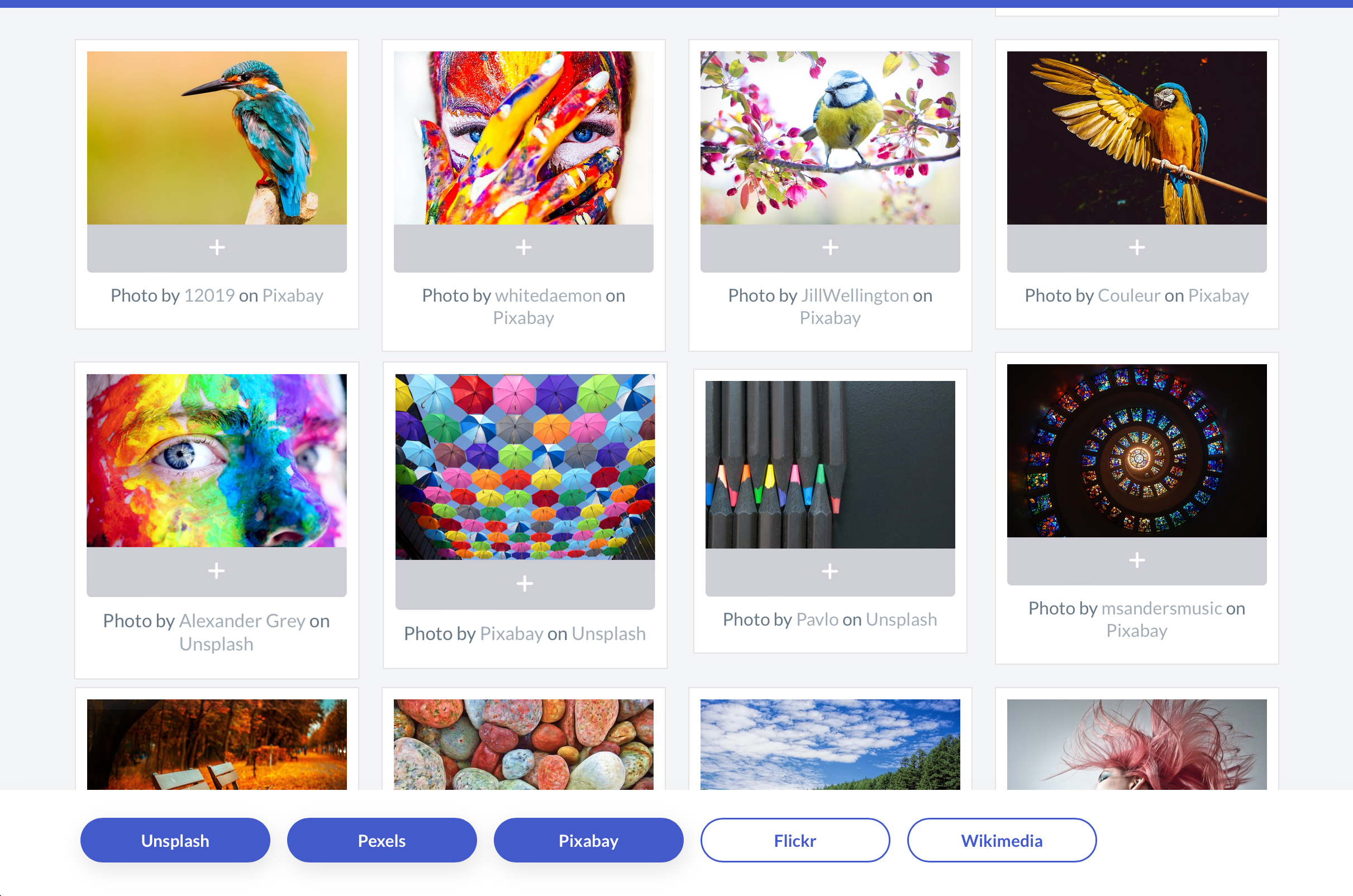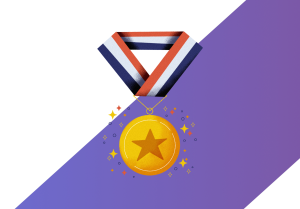
Why You Should Create an Online Course on Environmental Protection and Sustainability
Online courses offer a flexible and accessible way to learn, making them an ideal platform for teaching about critical issues like sustainability. If you’re a scientific expert in the field of environmental protection and sustainability, creating an online course can not only help educate others but also provide a source of income. This article will guide you through the process of creating an online course on sustainability and highlight some potential topics you could cover.
Environmental protection and sustainability are more than important for the survival of our planet, as we already know. Human activities are causing unprecedented damage to our environment, leading to issues like climate change, deforestation, and loss of biodiversity. By teaching sustainability, we can equip people with the knowledge and skills they need to make more sustainable choices and contribute to a healthier planet.
Moreover, sustainability is not just about the environment. It’s also about social equity and economic stability. By incorporating these aspects into your course, you can help students understand the interconnectedness of these issues and the need for a holistic approach to sustainability.
Creating an online course on sustainability can be a rewarding endeavor. Not only can it provide a source of income, but it also allows you to share your expertise and passion with others. By educating people about sustainability, we can empower them to make a difference and contribute to a more sustainable future.
How To Create an Online Course on Sustainability
Identify Your Target Audience: Before you start creating your course understand who your target audience is. Are they beginners, intermediates, or advanced learners? Knowing your audience will help you tailor your content to their needs and level of understanding.
Choose Your Course Topics: Sustainability is a broad field, so it’s important to narrow down your focus. Some example topics could include:
Understanding Sustainability: This could be an introductory module explaining the concept of sustainability, its importance, and its three pillars: economic, social, and environmental.
Climate Change and Its Impact: This topic could delve into the science behind climate change, its effects on our planet, and how sustainable practices can help mitigate these impacts.
Sustainable Living: This practical module could teach students how to incorporate sustainability into their daily lives, from reducing waste to conserving energy.
Corporate Sustainability: For a more advanced audience, this topic could explore how businesses can implement sustainable practices and the benefits of doing so.
Create Engaging Content: Once you’ve chosen your topics, it’s time to create your course content. This could include video lectures, reading materials, quizzes, and interactive activities. Remember to break down complex concepts into digestible chunks to make it easier for your students to understand.
Market Your Course: Once your course is ready, you’ll need to promote it. This could involve social media marketing, email newsletters, or partnerships with relevant organizations.
Choosing the Right Platform
When it comes to choosing a platform for your online course, teachr stands out as an excellent choice. This user-friendly platform is designed to take your online courses to the next level, offering a range of innovative features that can enhance the learning experience.
teachr supports 3D, 360°, and Augmented Reality content, allowing you to create immersive and interactive lessons that can captivate your students. This can be particularly useful when teaching complex concepts in sustainability, as it allows students to visualize and better understand these concepts.
In addition, teachr offers Speech Recognition and AI Voice over capabilities. These features can make your course more accessible to a wider audience and provide a more engaging and personalized learning experience.
teachr also provides a variety of quiz formats, including flashcards, memory quizzes, and sort quizzes. These can help reinforce learning and make the course more interactive.


Moreover, teachr offers access to millions of free images and 3D models, which you can use to enhance your course content. This can save you time and resources in sourcing your own visuals.
Finally, teachr makes it easy for you to sell your courses, providing a seamless process for students to sign up and pay for your course. This makes it an ideal platform for scientific experts looking to earn income from their knowledge and expertise in sustainability.




